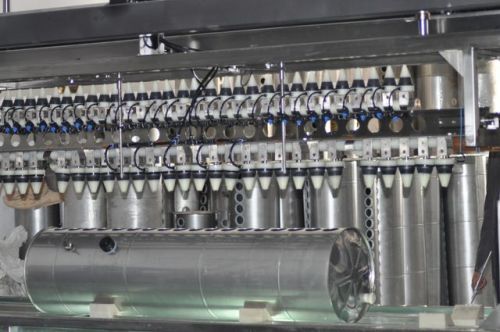
There are several factors to think about while deciding the type of solar panel to purchase for solar energy system. It’s crucial to know efficiency, ratings, durability and manufacturer warranty. The factors below guide in evaluating solar panel performance and quality.
Performance
Knowledge of solar panel performance is crucial to establish how much power can be saved with installed solar energy system. Several factors impact effective solar panel conversion of sunlight into electricity. These factors are critical and crucial to keep in mind;
-Efficiency, -Quality, -Ratings, -Performance, -Durability, – Manufacturer
Ratings; Power Ratings; solar panels have power rating showing power production capacity in standard test conditions. Solar panels today have power ratings of between 200 to 350 watts. High power rating proves panel efficiency at producing power.
Efficiency; efficiency shows how solar panels convert solar energy to electricity. Solar panel efficiency today is about 20%. High solar panel efficiency rating indicates panel capacity to produce more kilowatt-hours of energy per watt of power capacity.
Temperature; solar panels are designed to absorb heat from sun rays, yet excessive heat reduces solar panel capacity to generate power. Solar panel power capacity declines at temperatures above 77°F (standard testing temperature).
Standard grade solar panels produce 1 percent less electricity for every 4°F temperature increase above 77°F. Panels with less sensitive temperature coefficients perform better over long term. Check solar panel ratings and reviews for temperature coefficient.
Quality; solar panel manufacturers are certified ISO 9000-compliant to show high standards. Lack of lSO certification doesn’t indicate poor quality product but buying certified manufacturer product shows mark of high quality, trust and reliability.
Durability; solar panel durability metrics measure how well panels will hold up over time in real world conditions.
IEC 61215; it evaluates solar panels through stress tests that simulate decades of outdoor wear and tear panels encounter in overall use. The tests find out potential premature failure problems and solar panels that meet the standards usually perform well in the field.
Snow and Wind Load; snow has significant extra weight on a panel’s surface, and wind can apply strong pressures to the surface of solar panels. High solar panel snow and wind load rating shows better resistance / tolerance natural force.
Manufacturer Warranty; manufacturers’ warranties are important complements to solar panel efficiency, quality, and durability metrics as they show technical specifications and business practices. If solar panels develop technical snags after installation strong warranties cover service and support needs.
Power Production Warranty; solar panel power production declines every year with major decline in the first year. This is called panel degradation. Solar panel manufacturers give power production warranty showing panel power production percentage of the products capacity over 25 years mostly 80 percent. High percentage guarantee is preferable to low percentage.
Materials Warranty; material warranty guarantees against failure due to manufacture defects, durability and environmental issues. Solar panel manufacturers guarantee panels for 10 to 12 years. Some manufacturers give extended material’s warranty for longer duration. It’s vital to know more facts about material warranty whether it covers shipping and labor costs connected with replacement of panels or requires extra payment.
Choosing high quality solar panels goes a long way in improving efficiency and power production.